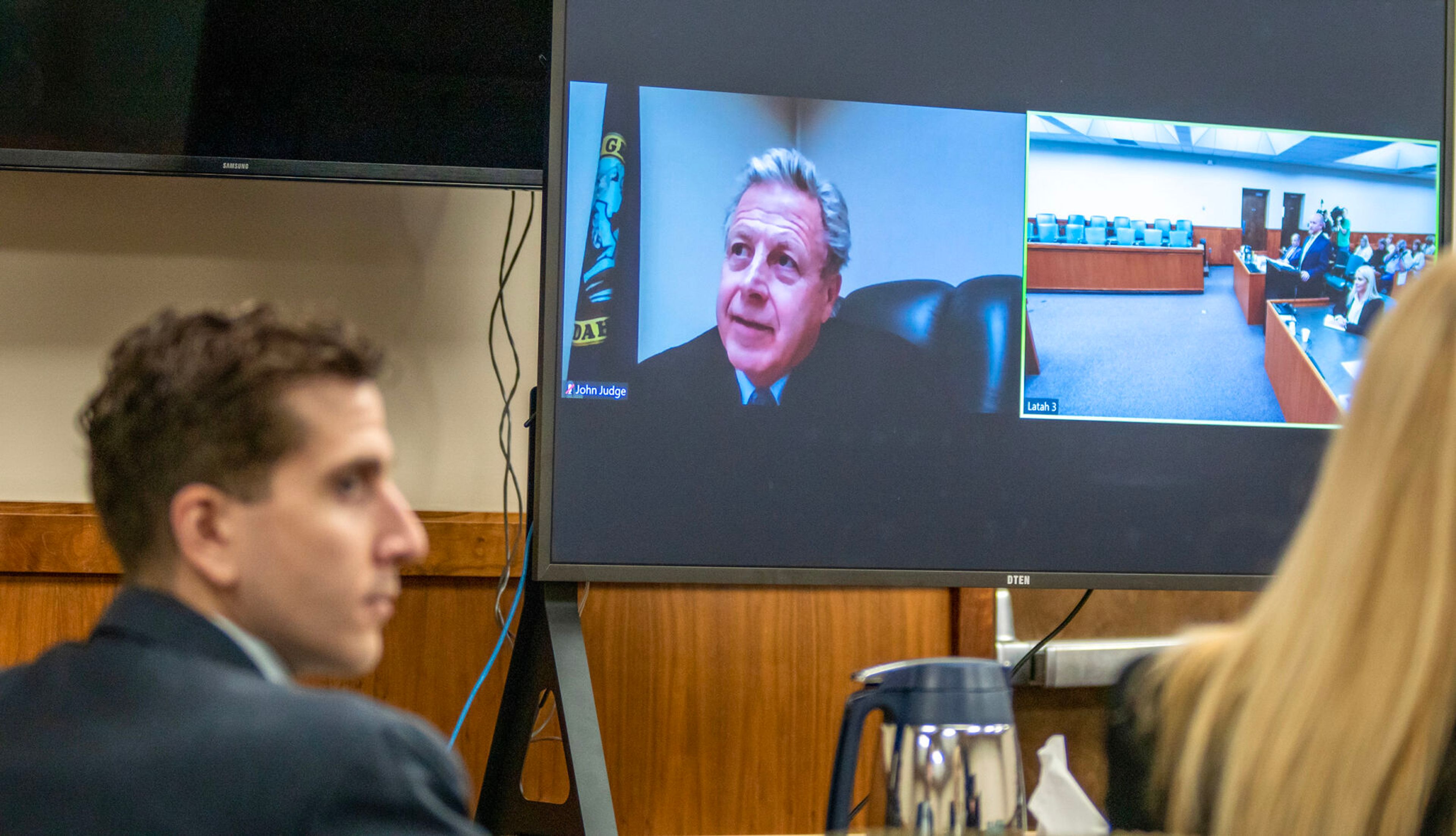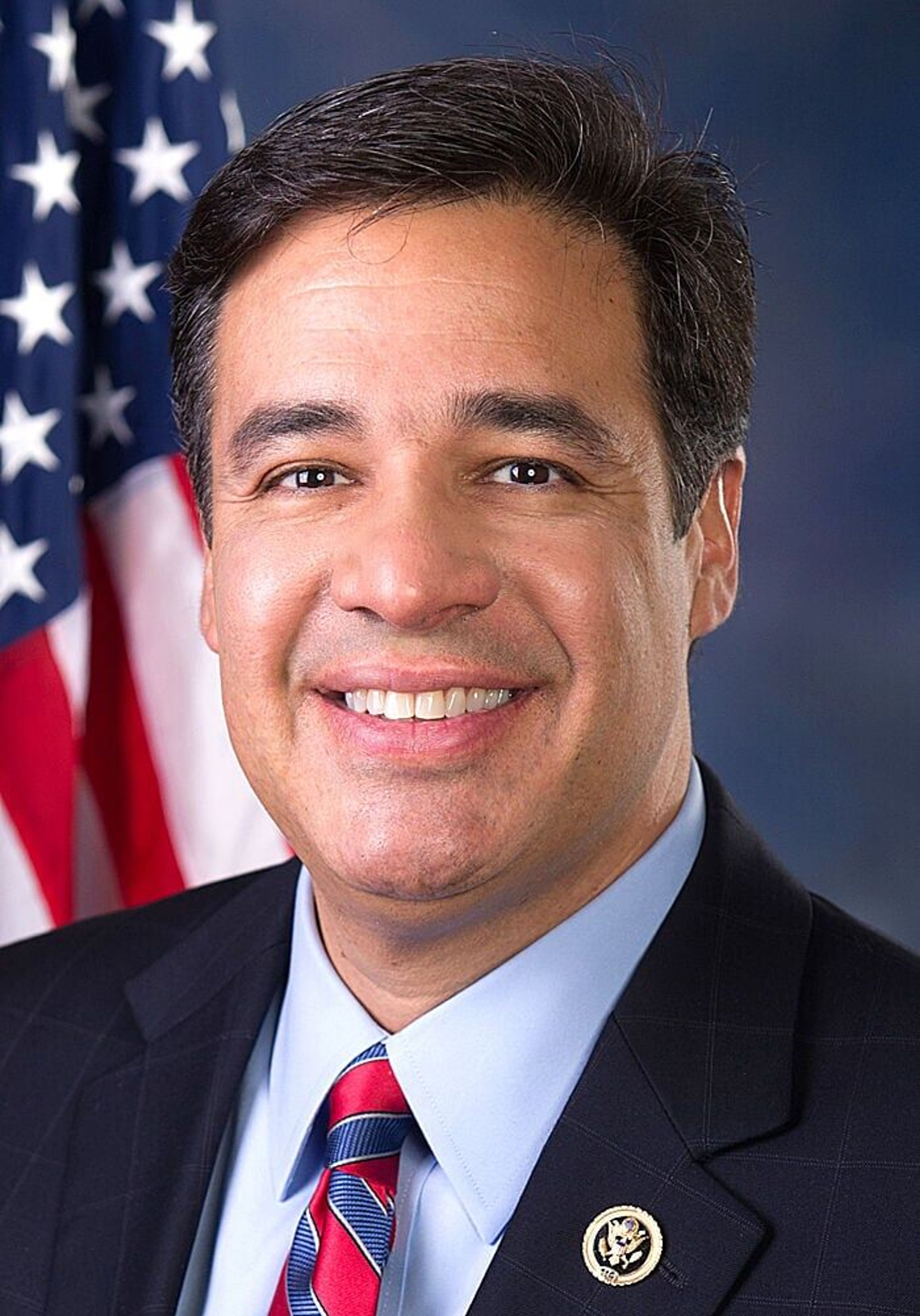New police laws cause confusion, concerns
Officers on the Palouse say ambiguity prevents them from passing judgement on police reform
Law enforcement officials on the Palouse have made it clear police reform laws that took effect in Washington this week will not stop staff from responding to emergency calls.
The legislation will, however, affect their actions when they arrive at the scene.
What police are allowed and not allowed to do is not always clear.
Among the significant changes is House Bill 1310, which eliminates the officers’ ability to detain a suspect on reasonable suspicion unless that person wants to be detained. Under the old law, officers could detain someone under reasonable suspicion until they conducted a further investigation to develop probable cause for an arrest.
The new law requires officers to develop probable cause before they can use any degree of force against someone. Probable cause requires a higher standard of evidence.
“If we don’t have that right away, and the person that has committed the crime doesn’t want to stay around, they can just walk away, and we can’t restrain them,” Pullman Police Chief Gary Jenkins said during a Pullman City Council meeting this week.
Whitman County Sheriff Brett Myers said this is challenging for his deputies because when they show up to a scene, they often have limited information to work with.
If deputies can control an area and possibly contain the people involved in the crime, it makes everyone safer, Myers said.
Now they can only use force if there’s an imminent threat of injury, or if there is probable cause, which is not always immediately available.
Police are also required to exhaust all deescalation tactics and take as much time as necessary before using physical force.
Both Jenkins and Myers said it is not clear in the law how much time is necessary.
“If we intend to arrest someone who will not be taken into custody without resisting, what are we left to do?” Jenkins said. “Do we turn and walk away?”
Myers said he is concerned the legislation sends the message to residents that they do not have to follow the laws or make good choices.
The probable cause and deescalation requirements also pertain to instances when police respond to someone having a mental health crisis. According to Jenkins, police can no longer use force to put that individual into custody unless that person commits a crime, if there is an imminent threat of injury or death, or if the person is willing to be taken into custody.
The Associated Press reported Monday that law enforcement agencies in Thurston County said they intended to largely stop handling mental health-related situations.
Washington State University associate professor David Makin said he advised police to clarify that the new law does not lock police out from assisting those people, it just limits their ability to use force. Makin works in the Department of Criminal Justice and Criminology, serves on the Pullman Police Advisory Committee and has worked with Jenkins on police-related research projects for years.
“While both HB 1310 and HB 1054 have created unnecessary confusion regarding the rule of law, I would urge (the Pullman Police Department) to clarify the process and reassure the community that PPD is committed to assisting those most vulnerable in our community in their time of need,” Makin said “My understanding is that PPD has good working relationships and protocol for handling these situations and has handled these scenes with compassion.”
Both Jenkins and Myers said their staff will continue to respond to mental health calls. Makin emphasized the role of designated crisis responders, who are mental health professionals with the ability to issue an oral or written order to take the person into custody, according to Jenkins.
Jenkins said the Pullman Police Department primarily works with mental health professionals from Palouse River Counseling in Pullman who are designated to conduct mental health evaluations.
The “unnecessary confusion” Makin mentioned is the reason he cannot say yet whether the new legislation will benefit Washington’s communities.
He said parts of the new laws improve transparency and accountability, but there needs to be more clarity in the language, particularly when it comes to how police can detain people.
“When you’re dealing with the rule of law, the one thing you never want is uncertainty,” he said.
With so much ambiguity, he said, it is unclear if these changes will be great or disastrous.
In order to give politicians and law enforcement a clearer picture of how policing can be improved, Washington is creating a database of police use-of-force incidents that is publicly accessible.
According to an April news release from the Washington Attorney General Bob Ferguson’s office, the state would require agencies to collect and report key data regarding the incident, including the demographic characteristics of the officers and the members of the public.
Makin said this would allow the state to find answers to questions such as whether officers initiate contacts with certain members of the community more often than others. WSU is asking the state to allow the university to manage the data collection program.
Kuipers can be reached at akuipers@dnews.com.
New law enforcement laws in Washington mean:
- Chokeholds and neck restraints are prohibited.
- Command approval is required for use of tear gas in a barricaded suspect or hostage situation. Mayor or top elected official in jurisdiction must approve use for riots. All other uses are prohibited, and other alternatives must be exhausted before use.
- Use of military equipment by police is now prohibited.
- No-knock warrants are prohibited.
- No shooting at moving vehicles is allowed, unless the occupants pose a deadly threat or the driver is using the vehicle as a deadly weapon.
- Pursuits are only allowed when probable cause exists for violent offenses, sex crimes or escapes from custody or a detention facility, and reasonable suspicion that the driver is driving under the influence or poses an imminent threat to the safety of others. A supervisor’s authorization is required.
- Use of deadly force is only allowed when a suspect poses an imminent threat of serious physical injury or death to an officer or the public. General use of force is allowed when probable cause exists for an arrest, and all other deescalation tactics have been exhausted.
- Pointing a firearm at a person has been deemed a use of force by the 9th Circuit Court of Appeals. No force can be used to detain juveniles without probable cause or imminent threat. This goes for walkaways from Child Protective Services and any other Department of Social and Health Services.









